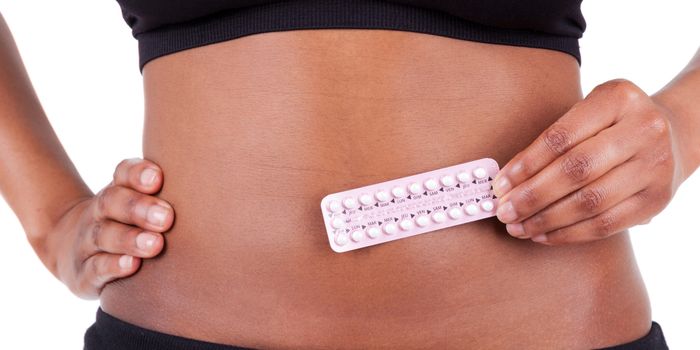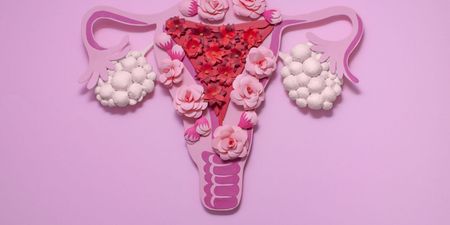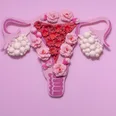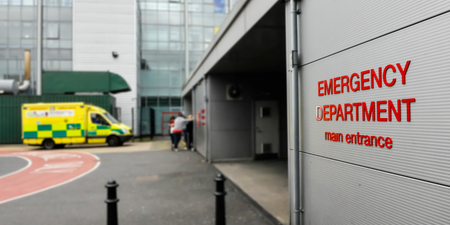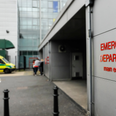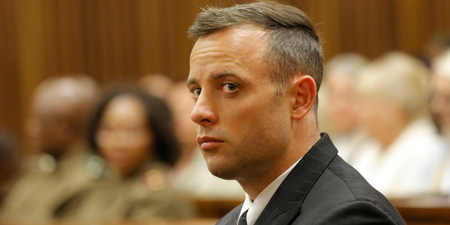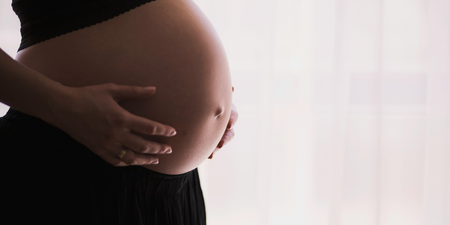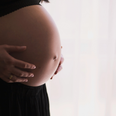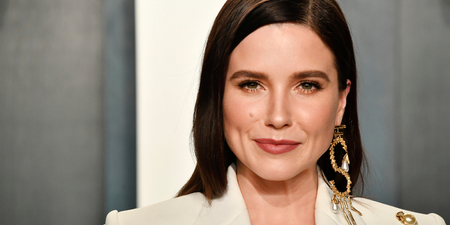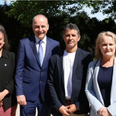Free contraception will be available up to the age 31
Minister for Health, Stephen Donnelly, has today announced the expansion of the free contraception scheme to include women aged 31.
The free contraception scheme is open to women, girls and other people identifying as transgender or non-binary, who are residents in Ireland and for whom prescription contraception is deemed suitable by their doctor.
The scheme was launched in September 2022, initially for those aged 17 to 25, and expanded to include 26-30-year-olds, in 2023. Access to free contraception will now be further expanded, to include women aged 31, on 1 January 2024 – as confirmed in Budget 2024.
Speaking today, Minister Donnelly said:

“I am delighted to announce the further expansion of the free contraception scheme to those aged 31. Incrementally improving access to contraception is a key priority for this Government, supporting positive sexual health and choice in family planning.
“The scheme is an important support for women’s health, and for equality, given that the costs of contraception are typically faced by women. Moreover, in the context of current cost-of-living pressures, this is another support for women and their families that reduces costs.”
The scheme covers the cost of consultations with your GP, family planning, student health and primary care centres, and prescriptions for the wide range of contraceptive options available on the Health Service Executive (HSE) Re-Imbursement List.
The options include long-acting reversible contraception. LARCs include injections, implants, and hormonal and copper intra-uterine devices and systems (coils).
The scheme also covers emergency contraception in addition to the oral contraceptive pill, patch and ring. LARC fittings, removals, injections and checks are also free of charge under the scheme.
If LARCs are chosen (coils and implants, for example), patients return to a service provider participating in the scheme to have the device fitted, and subsequently removed. All of these costs are fully covered by the State and are free of charge to the patient.
In addition to its primary use, hormonal contraception also plays a key role in treating adverse symptoms, such as pain and heavy bleeding, that can be associated with periods.
Almost 2,400 GPs, primary care, family planning and student health centres and other related community medical facilities, and 2,050 community pharmacies have signed up to provide services and products under the scheme to date.
More information regarding both free prescription contraception and the National Condom Distribution Service is available through the HSE’s Sexual Wellbeing website.
READ MORE:
- Lewis Capaldi says he’s ‘more excited than ever’ to return in New Year’s update to fans
- M&S are stocking some stunning metallic pieces for New Year’s – and they’re on sale
- Winter skincare: How to protect against cold weather, central heating and extreme temperature changes
